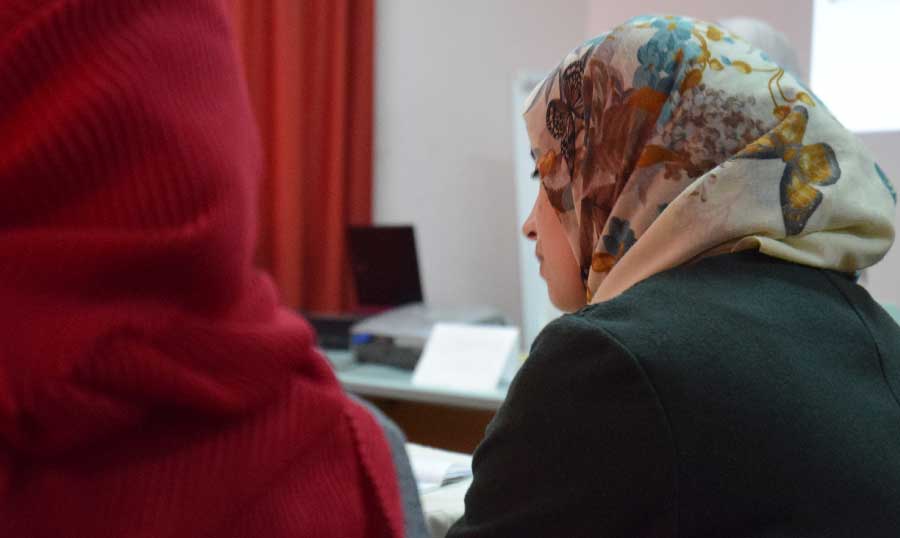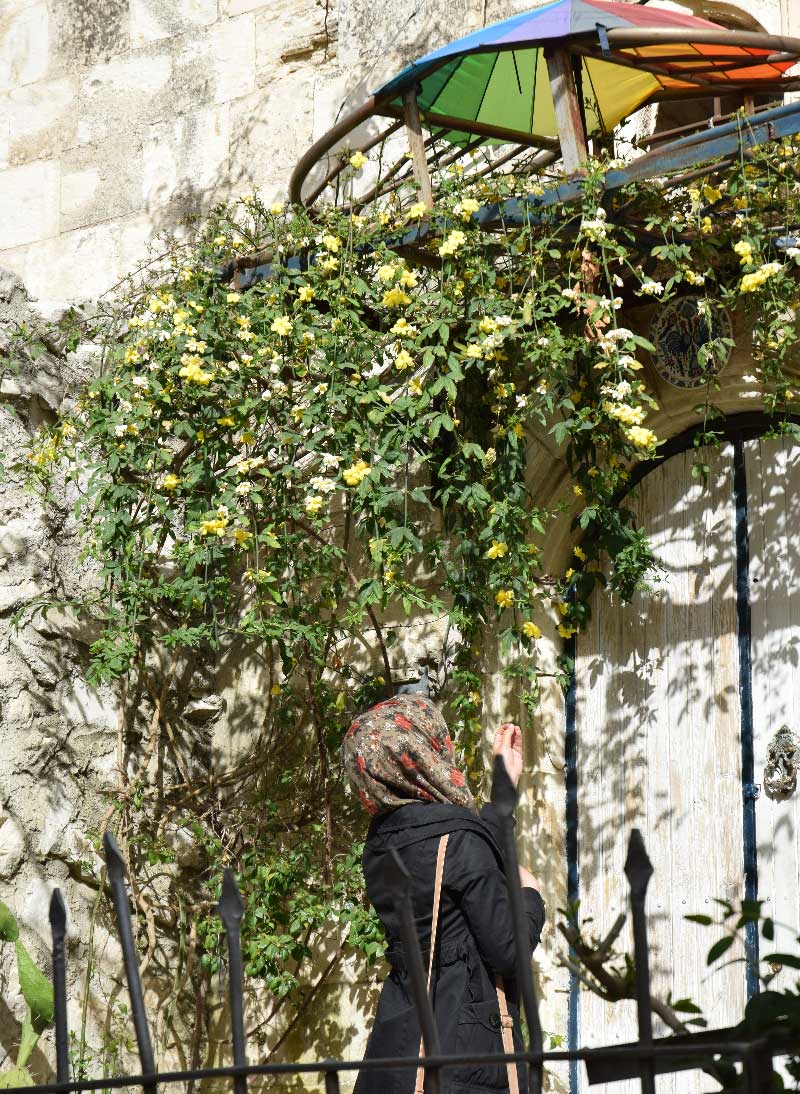In Palestine, the unemployment rate of persons with disabilities has risen to 87%. The project “Let’s start up!” – funded by the Italian Agency for Development Cooperation and implemented by Educaid – aimed at fostering the creation of social enterprises to prmote the inclusion of women with disabilities and mothers of persons with disabilities in Palestine. The project activities included the promotion of self-employment for women with disabilities through the creation of startups and social enterprises incubators. Awareness raising activities, mainly addressing the private sector, are also carried out.
To carry out such activities, Researchers together with local universities, Birzeit University and An-Najah University started by investigating the Palestinian social business sector in order to assess the potential of an enabling ecosystem for social enterprises. The analysis adopted a mixed methods approach involving both qualitative and quantitative tools such as questionnaires and semi-structured interviews were designed and case studies selected in close collaboration with the local universities.

